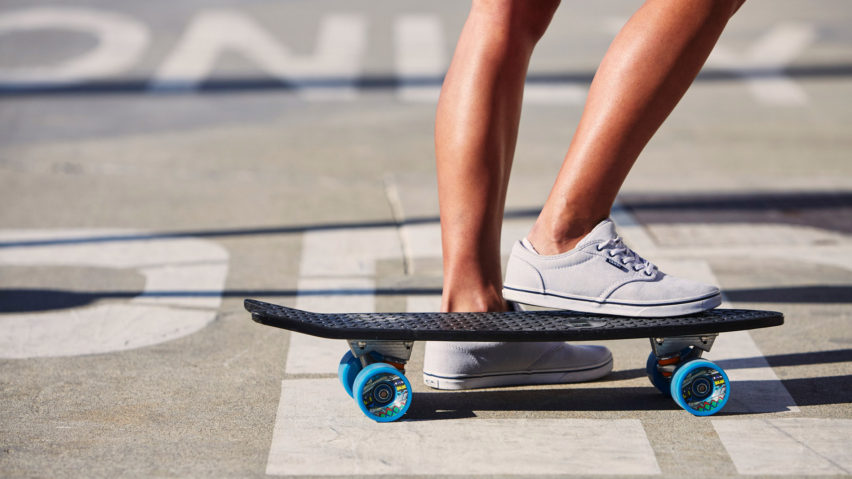Funding platform Kickstarter has launched an information hub, the Environmental Resources Center, to help users create environmentally friendly projects, and encourage them to commit to sustainable practices.
Users looking for funding pledges for their projects through Kickstarter will be offered access to the Environmental Resources Centre, that will document case studies and best practices of companies with good environmental policies.
Kickstarter hopes to "encourage creators to incorporate sustainable practices, and offer their potential customers greater transparency about sustainability," said Heather Corcoran, international design and tech lead at Kickstarter.
The resource centre encourages users to think about whether the elements of their product can be recycled at the end of their life-span, as well as how products can be repaired rather than replaced.
Suggestions include using screws rather than glue to assemble, and avoiding black plastics which are difficult to sort at recycling facilities and often end up in landfill.
"We're throwing out the rulebook for how you manufacture products and coming up with something more sustainable," said Corcoran.
Resource centre offers practical advice on how to be sustainable
The materials used in production is another area that Kickstarted is keen for its users to investigate, both for the products themselves, but also when it comes to packaging, for example using sustainable filling materials when delivering items.
The resource centre offers practical advice on how to choose the best environmentally friendly suppliers and the sorts of materials they could use to ensure a sustainable outcome.
"The guide will provide tips, but they won't all be relevant for everybody. We hope it will offer a sense of possibility but not be too overwhelming. We're piquing people's interest," said Corcoran.
It is hoped that these new features will help creators evaluate and reduce the environmental impact of their products at the beginning of the design process.
"The features will help thousands of people create sustainable products by embedding environmental considerations into the early planning stages, and then these practices will carry over into the companies they build post-Kickstarter," said the company, based in Brooklyn.
Speaking to Dezeen about the importance of early intervention in processes, Corcoran added, "we have the opportunity to influence startups at a really interesting time. They have a vision of something they want to make but they haven't made it yet."
Creators can commit to reducing environmental impact
The site will also provide a space where project creators commit to reducing environmental impact in five key areas once they're ready to launch. These areas are long-lasting design, reusability and recyclability, sustainable materials, environmentally friendly factories, and sustainable distribution.
A section of each project page will record the pledges, and invite startups to report on their activities in these areas.
The changes were developed over the course of nine months, in conjunction with the Environmental Defence Fund (EDF), a non-profit advocacy group looking to find solutions to environmental problems, based in the US.
Initially Kickstarter reached out to the EDF looking for existing resources for independent designers. They found that there were none, so decided to create some together.
Kickstarter obligated to consider its impact on society
"As a Public Benefit Corporation [an American legal structure that sees companies accountable to their charter rather than to shareholders], Kickstarter is obligated to consider the impact of its decisions on society, not just on shareholders," said Perry Chen, Kickstarter's chairman and CEO.
"We're committed to helping creators make environmentally conscious decisions, and these new features are our biggest step yet toward fulfilling that commitment," he continued.
In the last year alone 9,500 design and tech products have sought funding on the site and many of these have gone on to become viable young businesses.
Since Kickstarter's launch in 2009, sustainable products developed though the funding portal include Bureo, a skateboard deck made out of recycled fishnets, Genusee glasses made from recycled water bottles, EcoTruck, a toy made with a material 300 per cent heavier than alternatives for maximum longevity.
Transparent Speakers, a company that pushes for the highest standard of labour rights including a better working experience on less monotonous assembly lines, was also developed through Kickstarter.
The resources are available immediately for design and technology products being launched in the US, Canada and Mexico and will be rolled out to other countries in the coming months.
In an exhibition at the Rotterdam Museum earlier this year, called Change the System, more than 50 designers looking to create projects with a social conscience that change the status quo were highlighted, in an effort to demonstrate that the design world is leading the move towards more sustainable practices.

